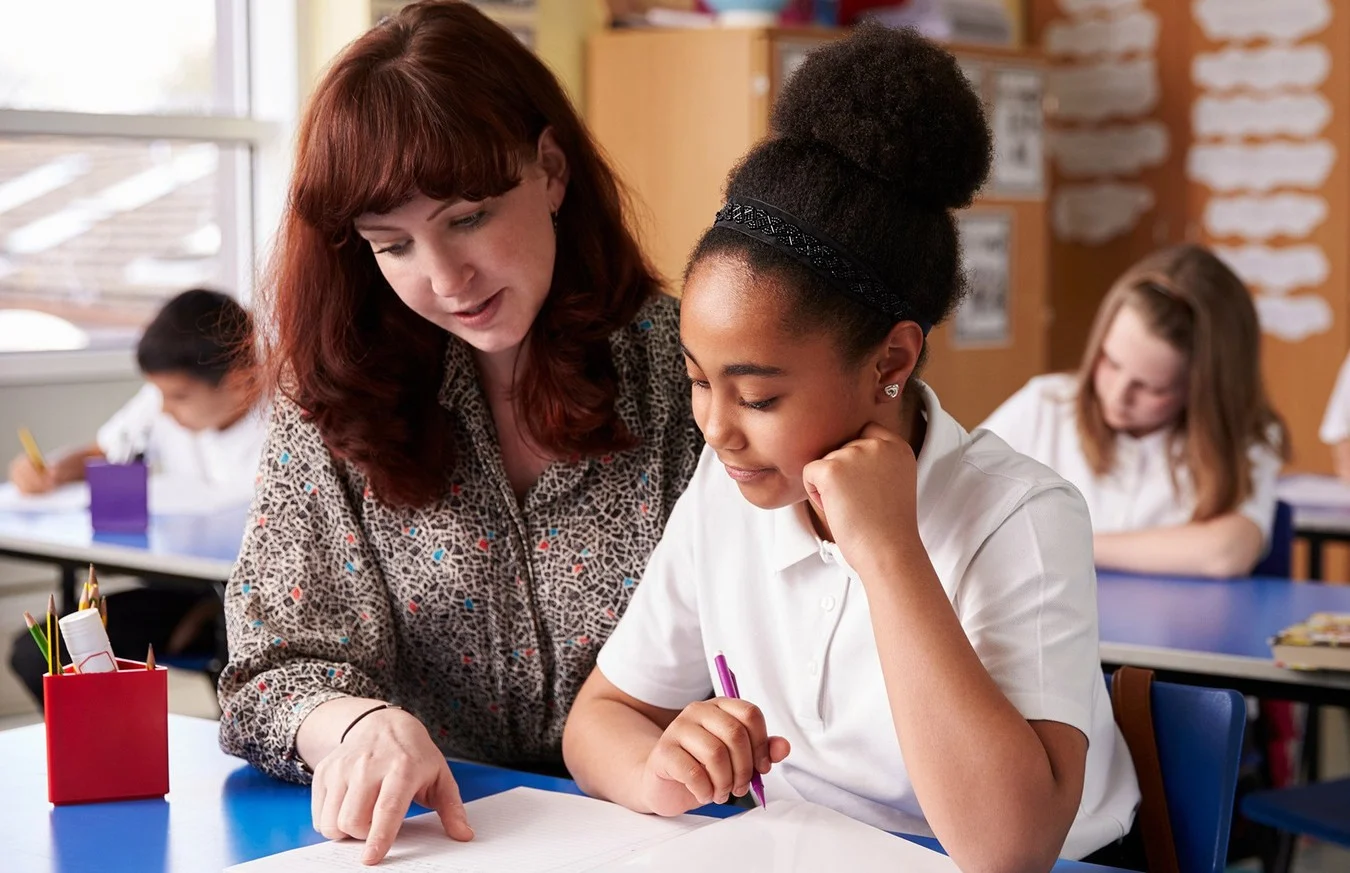Education is a powerful tool that can shape both individuals and societies. Education is the basis of progress. It empowers people with skills, knowledge and values, which help them to grow and positively contribute to their communities. Education is much more than just learning facts and numbers; it’s about developing critical thinking, creativity and moral values. These ten benefits highlight the importance of education for our society.
1. Enhances knowledge and empowers individuals
Education gives people the information they need to make educated decisions. It gives people the knowledge to understand the world and the abilities to analyse situations and solve problems. Education allows individuals to develop their interests and talents, which leads to a happier life. Education also fosters curiosity, a love of learning and encourages lifelong intellectual development.
2. Increases Employment and Economic Growth
An educated population can contribute to economic growth by enhancing productivity and innovation. Education provides individuals with the necessary skills to excel in their chosen professions and enter the workforce. Higher education leads to more job opportunities, better wages and economic stability. High literacy rates and educated citizens are associated with stronger economic growth. They also reduce poverty and improve the quality of life.
3. Reduces social inequalities and promotes equality
Education is an effective tool to break the cycle of poverty, and reduce social inequalities. Everyone, no matter what their background is, has the chance to improve their life. By providing equal employment and participation opportunities, education empowers marginalized groups, including women and disadvantaged communities. Equal access to education in a society ensures justice and fairness, resulting in a world that is more progressive and balanced.
4. Strengthens Democracy and Encourages Civic Engagement
A functioning democracy is dependent on an educated society. Education encourages critical thinking and allows citizens to make informed decisions in civic activities and elections. It promotes accountability and good governance by encouraging active participation in political and social affairs. Individuals who are educated are more likely than others to be vocal about their rights, and to contribute to the development of society. This leads to a more democratic and just society.
5. Enhances Health and Well Being
Education is crucial in promoting well-being and health. It helps people understand the importance hygiene, nutrition and preventive health care. People who are educated tend to lead healthier lives, which reduces the risk of disease and increases life expectancy. Education also contributes to the mental health of individuals by encouraging self-confidence and resilience.
6. Enhances social stability and reduces crime rates
Education promotes responsible and ethical behavior. Education increases employment opportunities for individuals, which reduces the likelihood that they will engage in illegal activities out of financial desperation. Education also teaches empathy, respect and social skills that foster a peaceful, cooperative community. Societies that have high literacy rates are more likely to experience less violence and social unrest.
7. Promotes Technological and Scientific Advancements
Education is at the heart of scientific and technological innovation. It encourages creativity, problem solving skills and research abilities that lead to breakthroughs for society. Education and knowledge sharing are directly responsible for advances in fields such as medicine, engineering and communication. By investing in education and knowledge-sharing, societies can achieve continuous progress and be able to adapt to new challenges.
8. Enhances cultural understanding and social harmony
Education encourages cultural understanding and appreciation. It promotes mutual respect and tolerance by helping individuals to understand other cultures, beliefs and perspectives. A society that is well educated values inclusivity and cooperation, which reduces conflicts and promotes peaceful coexistence. Education is also crucial in the preservation of cultural heritage, as it passes on knowledge and traditions to younger generations.
9. Encourages personal development and self-sufficiency
Education improves the personal growth of individuals by enhancing their confidence, communication abilities, and decision making skills. It empowers people to achieve their goals, overcome obstacles and work towards success. A person who is educated can manage their finances and make informed decisions in life. Education is the basis for personal fulfillment and independence, which allows individuals to live meaningful and productively.
10. Promotes Sustainable Development and Environmental Awareness
Education is a key factor in promoting sustainability and environmental awareness. It helps people understand the importance to conserve natural resources, reduce waste and adopt eco-friendly practices. People who are educated are more likely than others to support policies which protect the environment or promote sustainable development. Education can help societies work towards a greener, cleaner future through responsible environmental stewardship.
Conclusion
Education is the foundation of a flourishing society. It is a powerful tool that empowers people, encourages economic growth, strengthens democracy, and promotes equality. Education improves health, reduces crimes, promotes scientific advances, and encourages understanding of cultures. It also encourages personal growth and environmental sustainability. By investing in education societies can create a more prosperous and brighter future for everyone. It is not only a moral duty to ensure that everyone has access to quality education, but it also benefits the entire human race.






